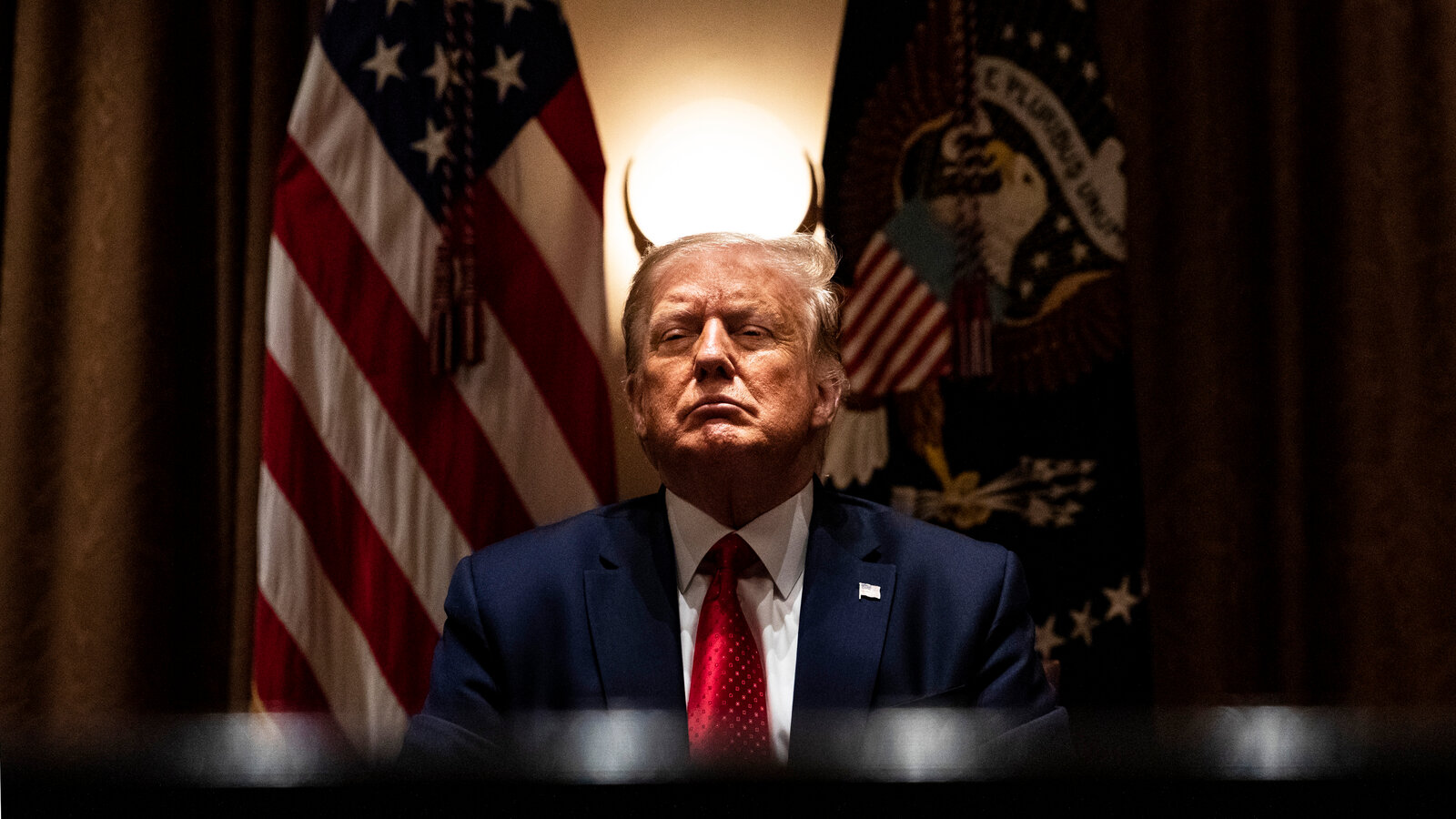Is Donald Trump The Anti-Christ? A Deep Dive Into Controversy

In the realm of politics, few figures have stirred as much debate and controversy as Donald Trump. His unorthodox style, bold statements, and polarizing policies have led many to question not just his political agenda, but also his moral compass. One of the most provocative questions that has surfaced in this discourse is whether or not Donald Trump could be considered the Anti-Christ. This notion, while steeped in religious symbolism, represents a broader concern about morality, leadership, and the implications of Trump's actions on a global scale.
The term "Anti-Christ" is often associated with biblical prophecies and the idea of a figure that embodies evil or opposition to the teachings of Christ. As Trump has risen to prominence, critics have drawn parallels between his behavior and the characteristics traditionally attributed to this archetype. The question of whether Donald Trump is the Anti-Christ invites us to explore not only his personal beliefs and actions but also the broader impact of his presidency on society and the world.
As we delve into this complex topic, it becomes essential to examine Trump's biography, his notable moments in office, and the opinions of both supporters and detractors. This exploration will shed light on the various interpretations of his character and the implications of labeling him as the Anti-Christ. In a world where political identities are increasingly intertwined with personal beliefs, the discourse surrounding Trump’s legacy will continue to provoke thought and debate.
What is Donald Trump's Biography?
Donald John Trump was born on June 14, 1946, in Queens, New York City. He is the fourth of five children born to Frederick C. and Mary MacLeod Trump. After attending Fordham University and the Wharton School of the University of Pennsylvania, he entered the family business, eventually expanding it into a global real estate empire.
| Personal Details | Bio Data |
|---|---|
| Name | Donald John Trump |
| Date of Birth | June 14, 1946 |
| Place of Birth | Queens, New York City |
| Occupation | Businessman, TV Personality, Politician |
| Political Party | Republican |
| Presidency | 2017-2021 |
What Actions Led to the Question of Trump as the Anti-Christ?
Many actions during Trump's presidency have led to speculation about his character and intentions. Key moments that have sparked controversy include:
- His rhetoric surrounding immigration, particularly regarding the construction of a wall along the U.S.-Mexico border.
- His response to racial tensions and protests, particularly in the aftermath of George Floyd's death.
- His handling of the COVID-19 pandemic, which drew criticism for downplaying the severity of the virus.
- His relationship with foreign leaders, which some viewed as undermining U.S. interests.
Is Donald Trump the Anti-Christ According to Religious Interpretations?
Various religious interpretations have emerged regarding the concept of the Anti-Christ, with some theologians and religious leaders drawing parallels between biblical prophecies and Trump's behavior. Key points in this discourse include:
- References to the Anti-Christ as a deceiver who gains power through manipulation and fear.
- The idea of a figure who promotes division and conflict among people.
- Concerns about moral decay and the erosion of democratic values.
How Do Supporters View Trump in Contrast to Critics?
The perception of Trump varies dramatically between his supporters and critics. Supporters often view him as a champion of conservative values and economic growth, while critics argue that his actions undermine democracy and social cohesion. Some key points of contention include:
- Supporters praise his tax cuts and deregulation policies as beneficial for the economy.
- Critics argue that his policies disproportionately favor the wealthy and exacerbate inequality.
- Supporters view his strong stance on law and order as necessary, while critics see it as authoritarianism.
What Are the Implications of Labeling Trump as the Anti-Christ?
Labeling Trump as the Anti-Christ carries significant implications. It can polarize public opinion even further and contribute to an "us vs. them" mentality. This label can also influence political discourse, potentially leading to increased hostility among opposing factions. Furthermore, it raises questions about the role of morality in politics and the responsibilities of leaders.
What Can Be Learned from This Controversy?
Regardless of one's perspective on Donald Trump, the question of whether he is the Anti-Christ serves as a lens through which we can examine broader themes in politics and society. It encourages discussions about:
- The importance of ethical leadership and accountability.
- The impact of political rhetoric on societal values.
- The role of religious and moral beliefs in shaping political identities.
How Does the Question of Trump as the Anti-Christ Reflect Societal Fears?
The discourse around Trump as the Anti-Christ is reflective of deeper societal fears. As the world grapples with issues such as climate change, economic inequality, and social justice, individuals often seek to project their anxieties onto political figures. This phenomenon is not unique to Trump; rather, it mirrors a historical pattern where leaders are often demonized or deified based on public sentiment.
In Conclusion, Is Donald Trump the Anti-Christ?
Ultimately, the question of whether Donald Trump is the Anti-Christ is complex and subjective. It encompasses a wide array of opinions and interpretations that reflect both personal beliefs and societal values. As we navigate an increasingly polarized political landscape, it is essential to engage in open dialogue and seek to understand the underlying fears and motivations that shape our perceptions of leaders like Trump. Whether one views him as a savior or a villain, the discussion surrounding his legacy will undoubtedly continue to provoke thought and debate for years to come.
ncG1vNJzZmivp6x7o77EnKKepJxjwqx71aKpmqSmnq%2Bmv5RooKxllKS7orjDZqurrZ2lerW0xGaYp6yZYrCpvsisq2egpKK5
